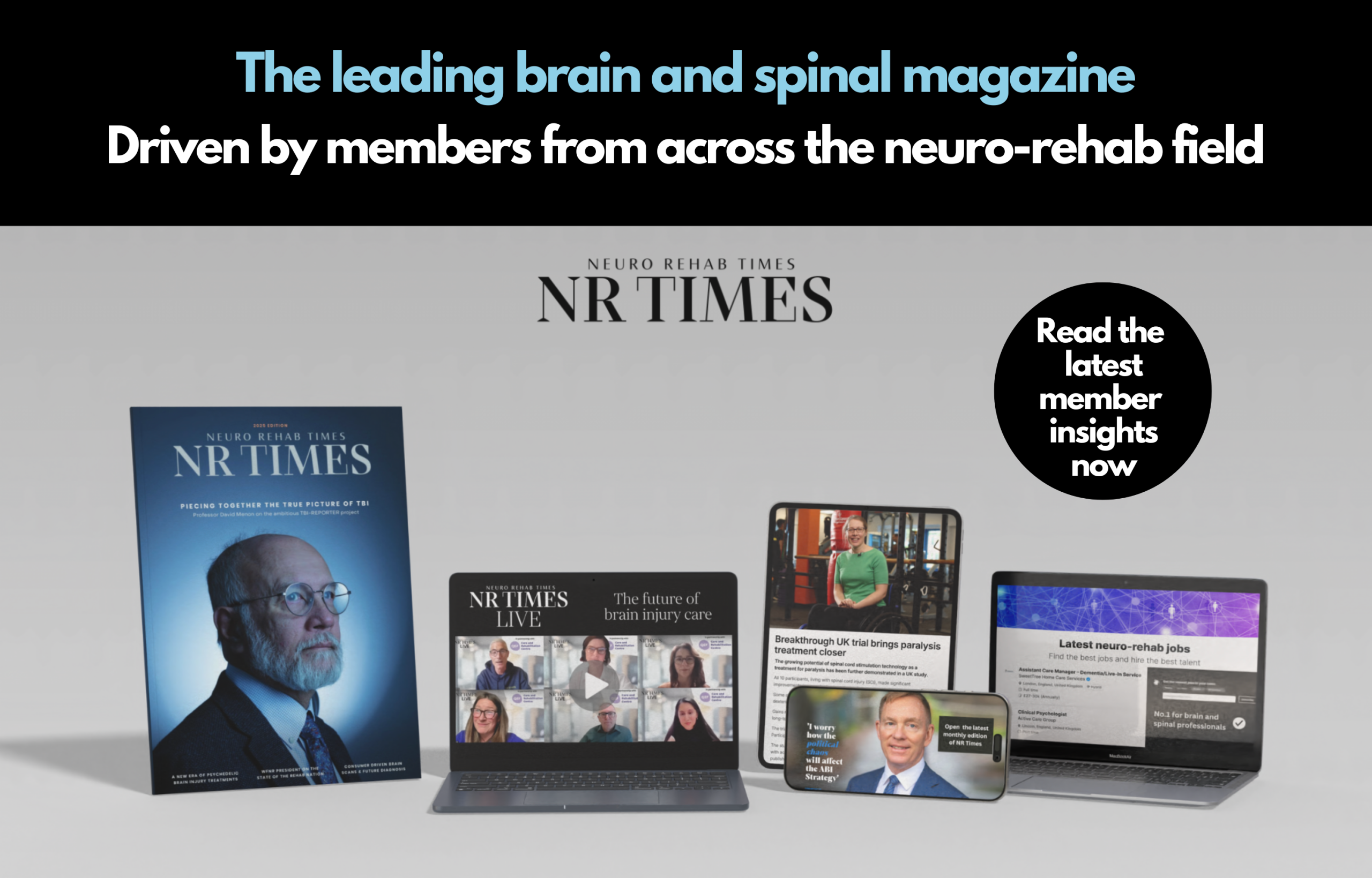Psychological traits linked to disability social inclusion

Psychological traits play a key role in how people with disabilities engage socially, beyond their type of disability or socioeconomic background, new research has found.
A study comparing 492 adults with disabilities to 755 without disabilities found that psychological characteristics strongly influence levels of participation and perceived exclusion.
Researchers from the Institut Guttmann’s PARTICIPA project identified three psychological profiles, observed across both cohorts.
The “risky” profile included individuals with high Type-D personality—characterised by negative affectivity and social inhibition—combined with low resilience and self-efficacy, meaning low confidence in handling stress.
The “neutral” profile showed average levels across all traits. The “protective” profile reflected low Type-D personality traits with high resilience and self-efficacy.
Overall, people with disabilities reported lower social participation in both frequency and satisfaction—reflecting well-established barriers such as physical inaccessibility, negative attitudes and a lack of inclusive services.
However, participants from either group with a “protective” profile were more likely to engage in social activities more often, perceive fewer restrictions and report greater satisfaction.
Those with a “risky” profile experienced the opposite.
Gabriele Cattaneo, neuropsychologist, PhD in Biomedicine, and lead author, said: “Psychological traits not only influence the perception of disability but can also become drivers of change to reduce social exclusion.”
The researchers noted that these traits are modifiable, offering a basis for tailored interventions aimed at improving inclusion.
Blanca Cegarra, sociologist and PARTICIPA researcher, said: “For example, mindfulness programmes or peer mentoring could help reduce negative affectivity, increase resilience, and strengthen self-efficacy—especially in people with disabilities.”











